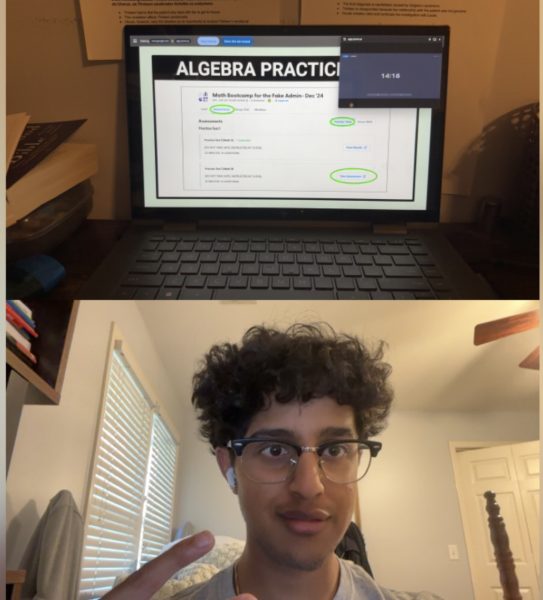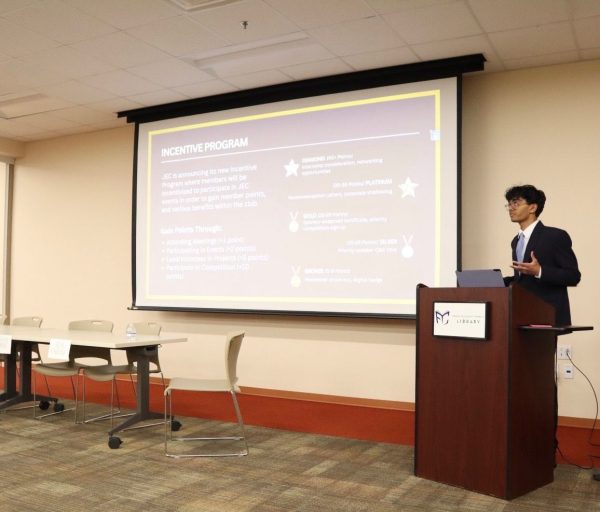Abolish the SAT
Standardized tests are irrelevant. The Scholastic Aptitude Test (SAT) has historically been touted as proof of a student’s intelligence, but it is time we question the validity of using these scores as a predictor of future success. With dubious origins and the changing of the times, it is clear to see that we have progressed past the need for the SAT and American College Test (ACT).
The early 1900s ushered in large waves of immigrants from various countries. Though full of red-and-blue tinted hopes and dreams, they were not met with the warmest reception. White leaders all over the country were suspicious of these newcomers. To categorize the new arrivals, they emphasized intelligence testing. The SAT was then created in the 1920s by Carl Brigham.
This originally provided a chance for low-income students to attend Ivy schools, but it was also heavily grounded on racist beliefs. Brigham was especially concerned with his belief that American education was declining and “will proceed with an accelerating rate as the racial mixture becomes more and more extensive.”
Nevertheless, in 1933, the president of Harvard wanted to find a way to filter public school students for admission to a scholarship program. Using Brigham’s SAT, he could award high-scoring students with scholarship packages based on merit. One year later, Harvard started requiring all students to take the SAT and by the end of the decade, all Ivy schools began requiring SAT testing for admission.
In 1959, the ACT was created in competition with a new, sparkly Science section. A few years later, the majority of American colleges and universities would require SAT or ACT testing to admit students.
Questionable origins and history aside, the SAT has taken on a life of its own. Over time, society has placed more emphasis on this test, effectively telling students that their intelligence can be represented by a single number.
Come 2020, the coronavirus pandemic drastically altered this tradition and many schools opted to make the test optional. It remains to be seen whether this choice will remain available in the future though some schools have already vowed to leave the option open for the class of 2022. This option is a win-win as it encourages more students to pursue higher education while placing less emphasis on one’s natural intelligence or test-taking abilities.
In my junior year, I heard two girls in my class talking about their results in hushed voices. Neither wanted to reveal their score to the other in fear of being seen as inferior. Though the average SAT score in America is 1051, they talked about getting a 1500 as if it was an embarrassment.
As an alternative to using these scores as a benchmark, experts suggest using GPA or overall high school grades. This is a better representation as it allows the student to show improvement and progression over their four years. This is the culmination of a student’s effort, participation and natural growth which will better mimic what the student will go through in college.
“The human mind is simply so complex and so multifaceted and fluid, that trying to find a single measurement tool that will be reliable across the enormous populations of American students is simply a trip up a blind alley,” William Hiss, the former Dean of Admissions for Bates College, said in a PBS article.
Today’s system is still unfair. With wealth comes access to private tutors, the ability to take the test and pay the fee multiple times, and the privilege of time to dedicate to studying. Students should not be reduced to a number, especially when it was founded upon racist beliefs and is not accurate in most cases. Hopefully, this past year has shown colleges that a student’s intelligence extends far beyond their SAT score.
Your donation will help support The Lambert Post, Lambert High Schools student-run newspaper! Your contribution will allow us to purchase equipment and cover website hosting costs.












